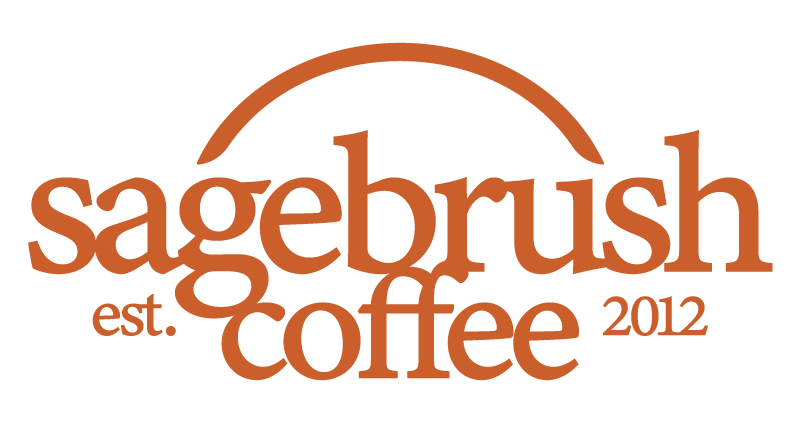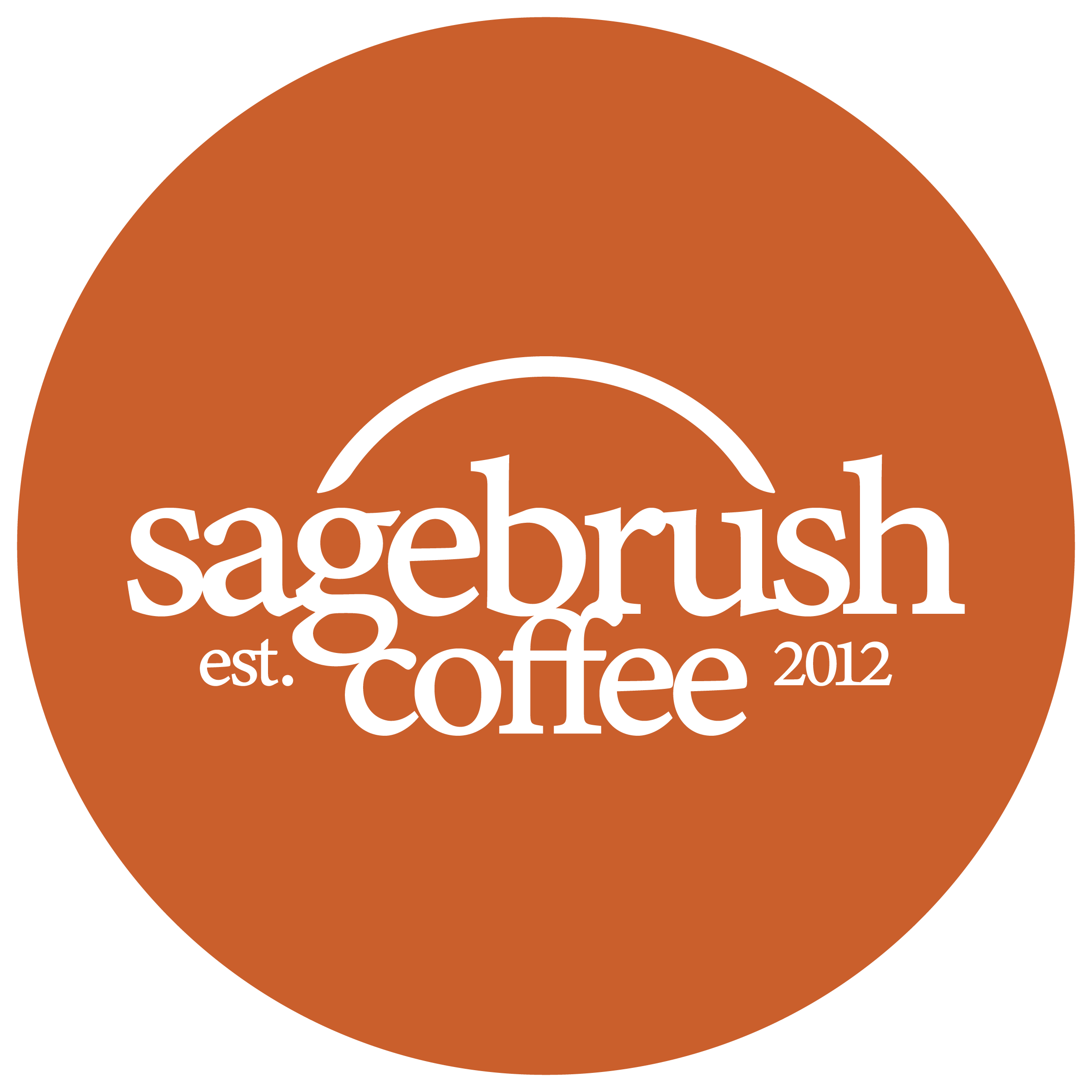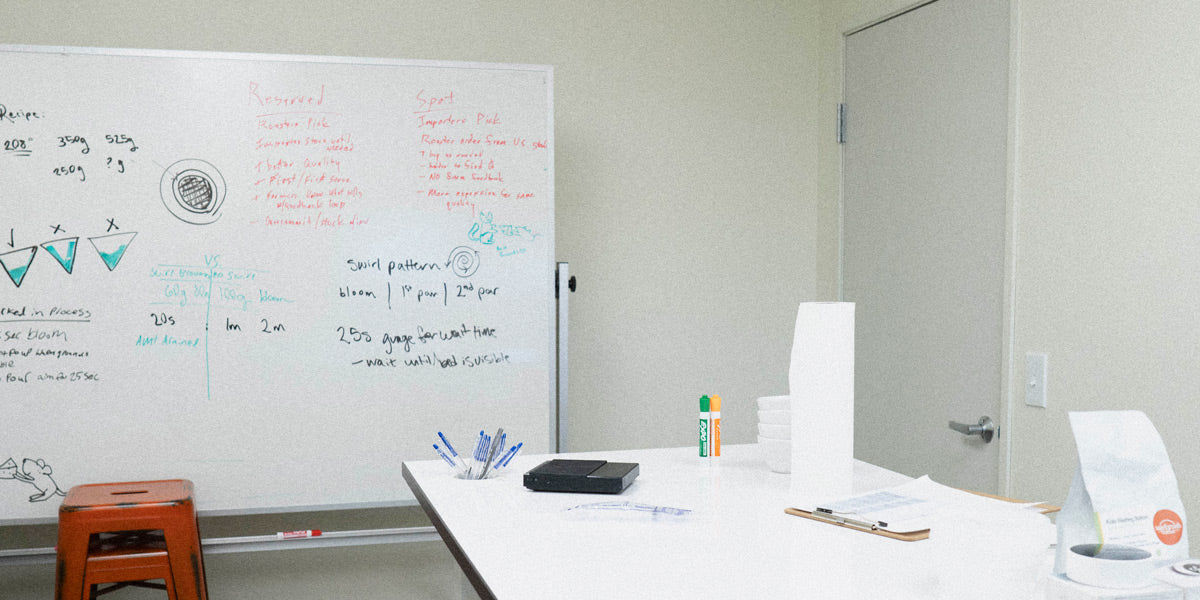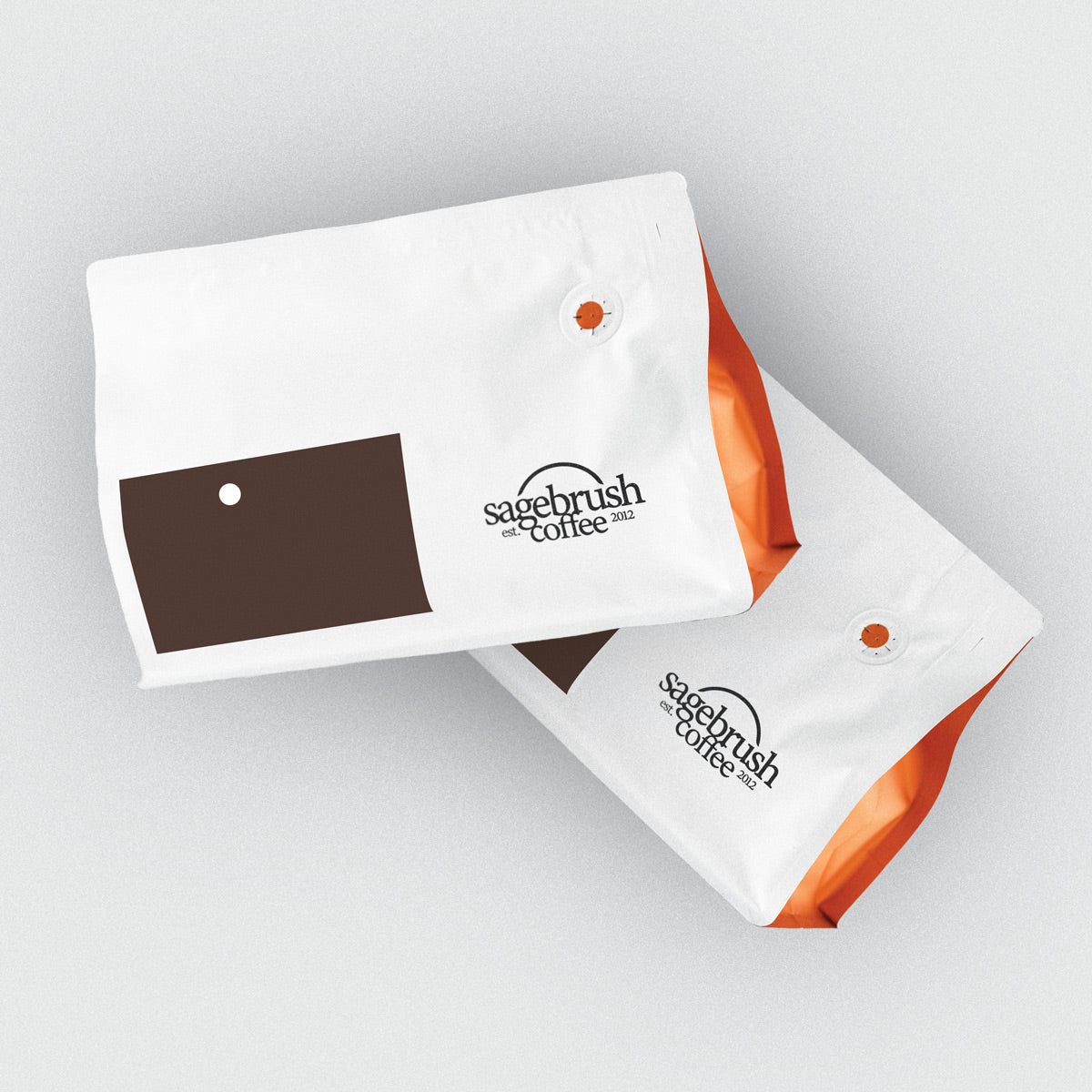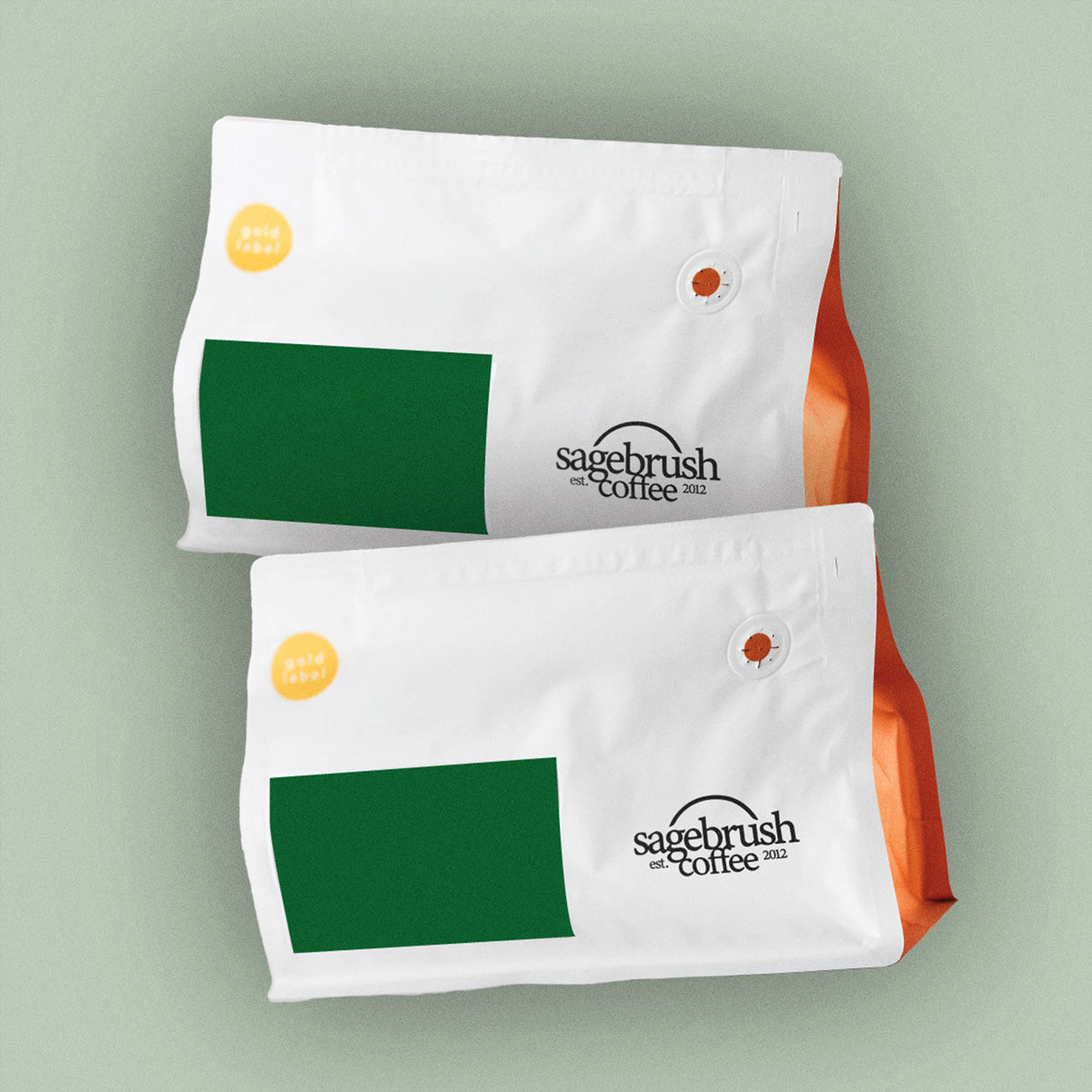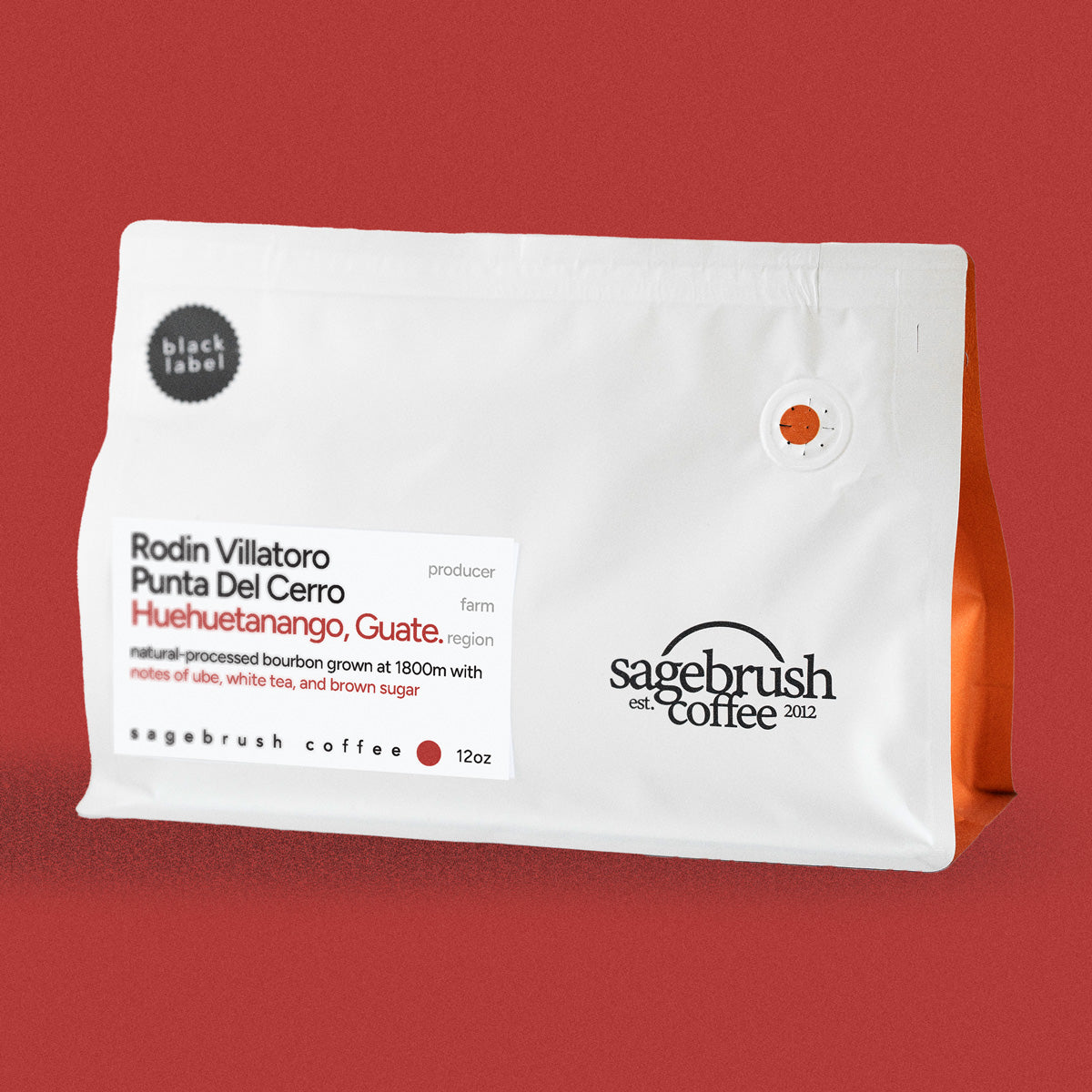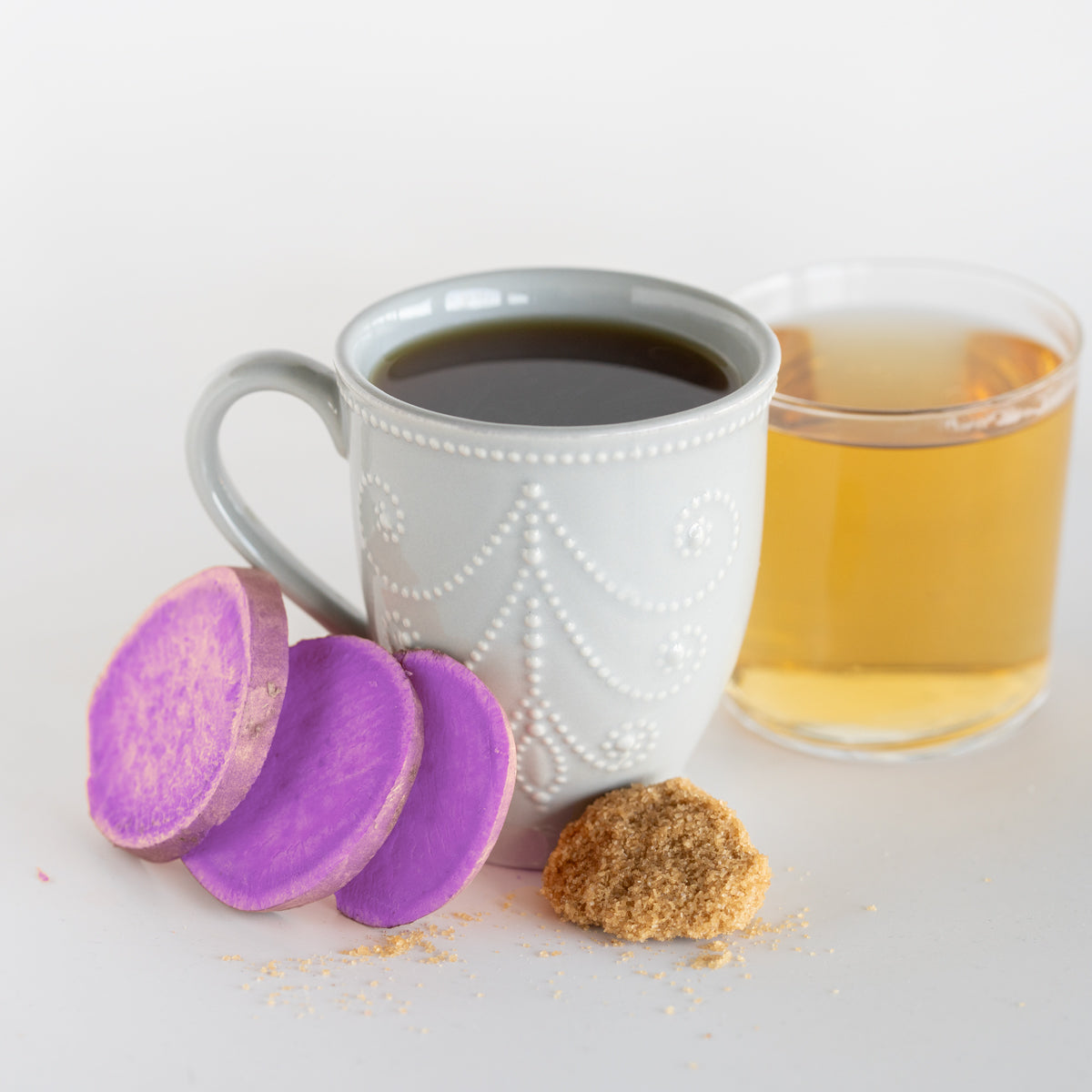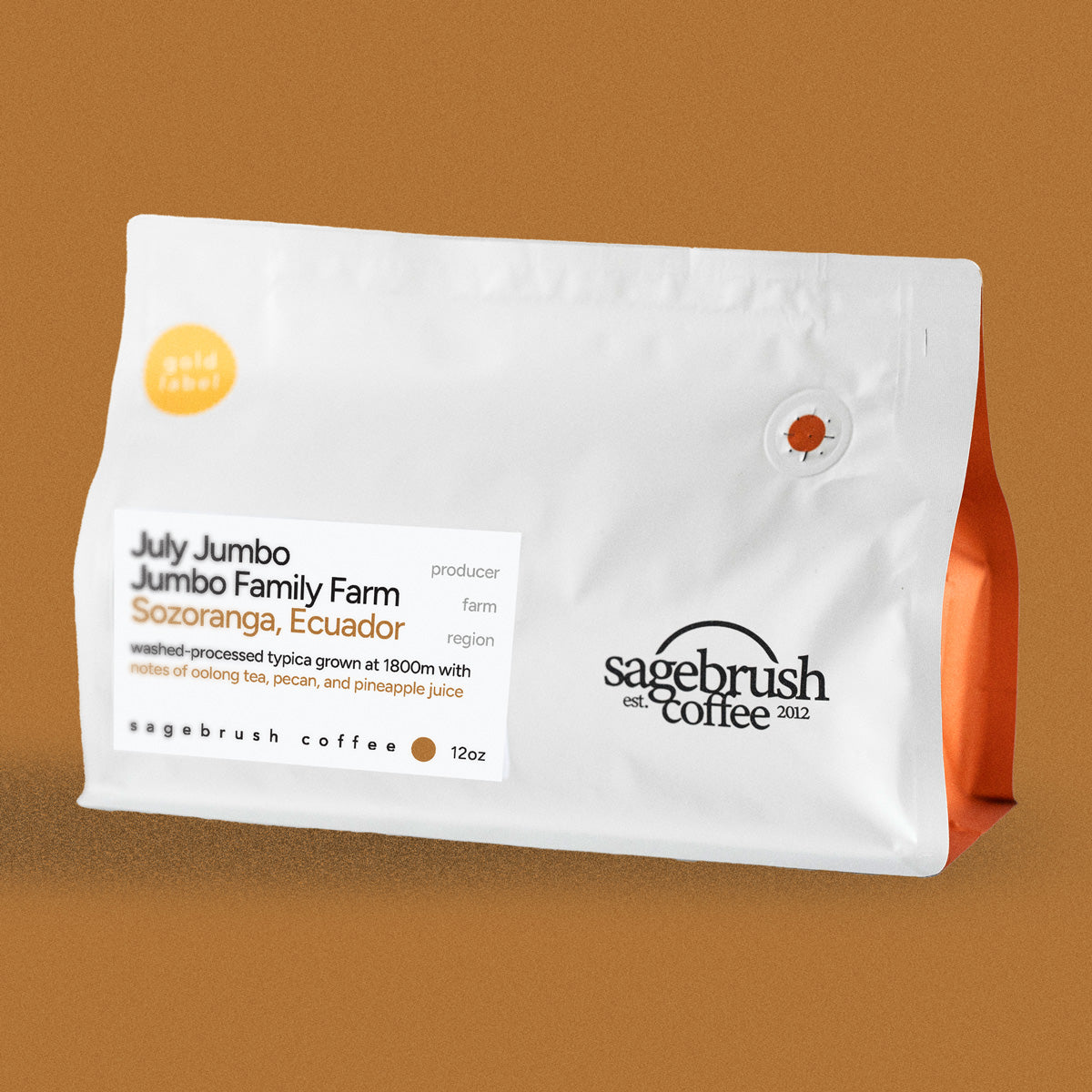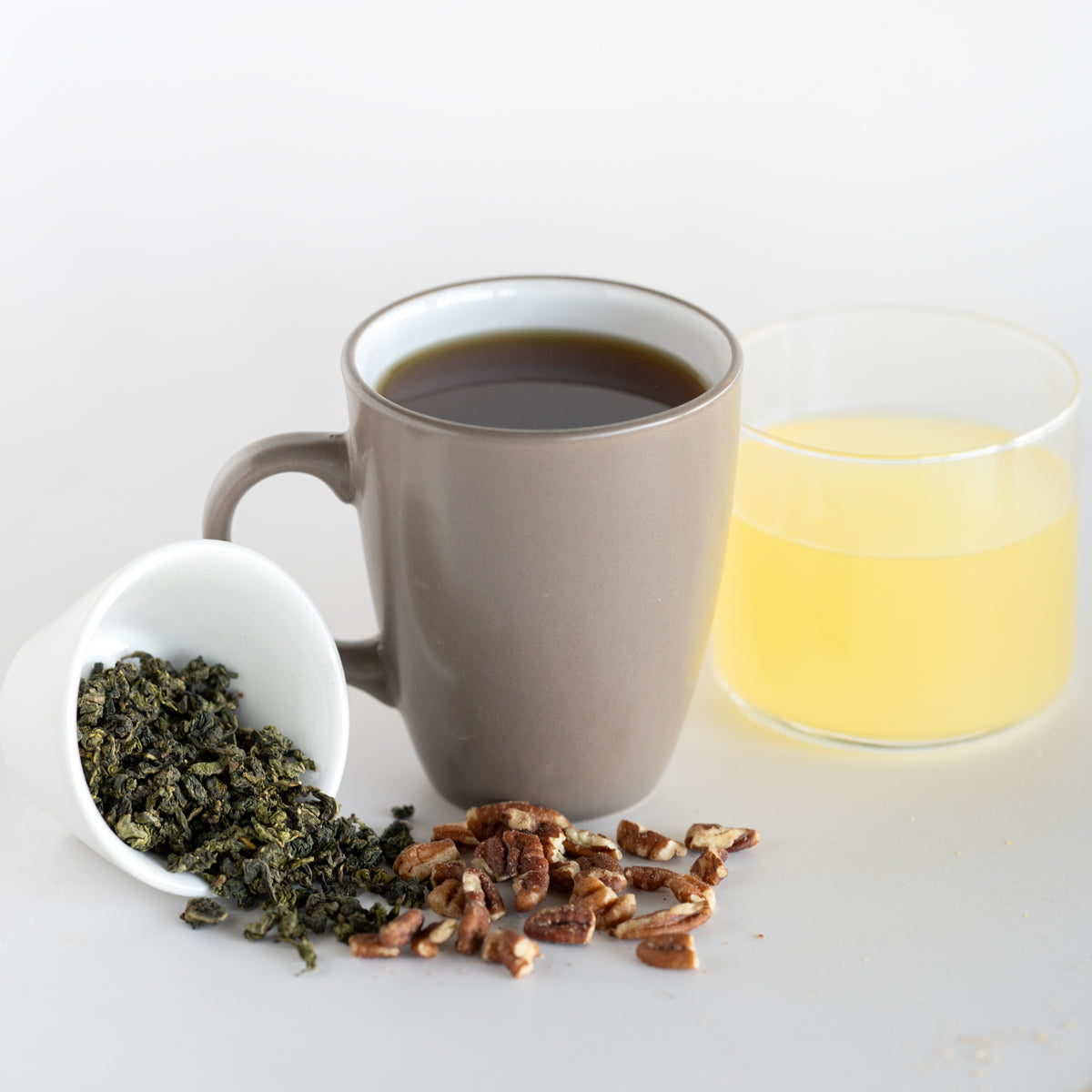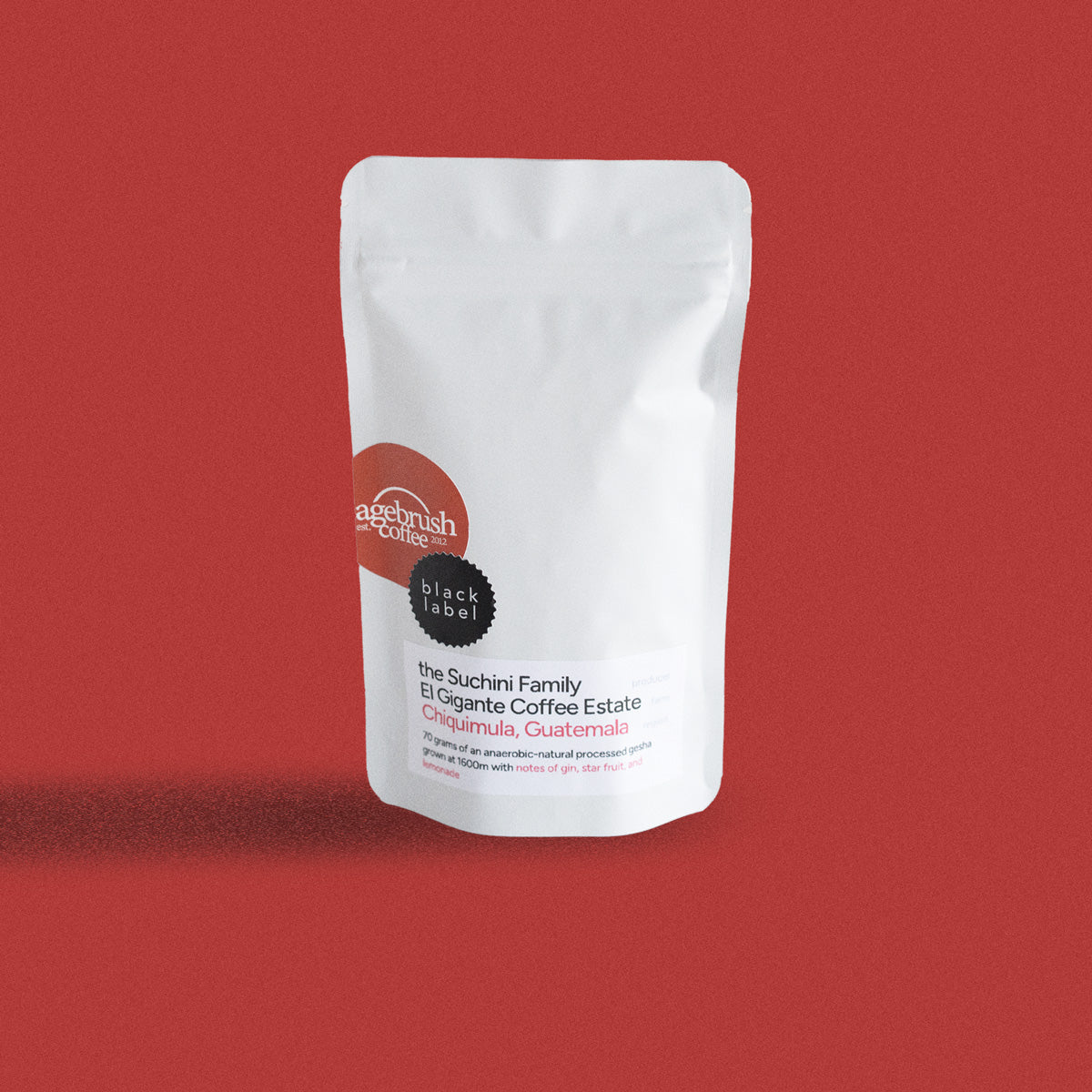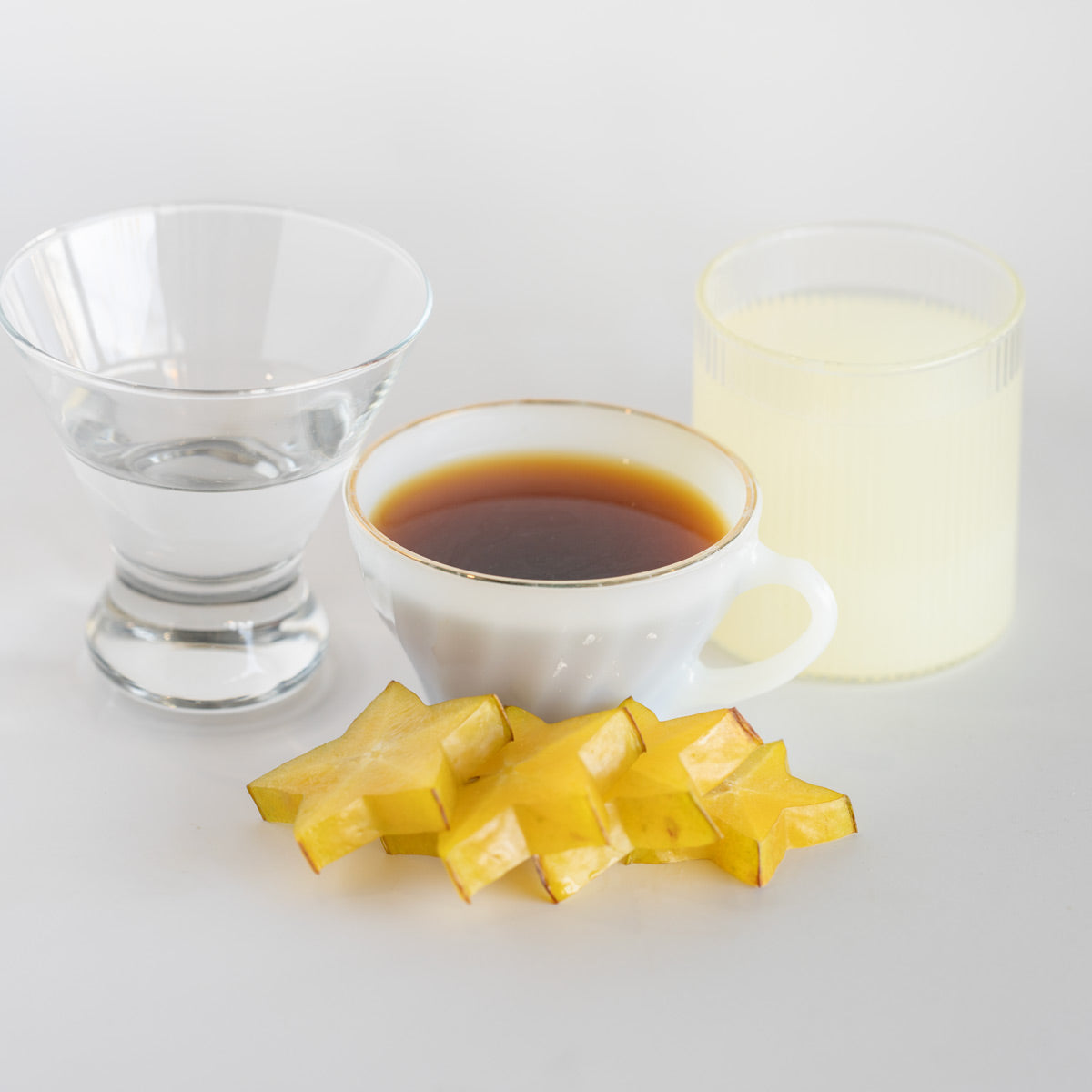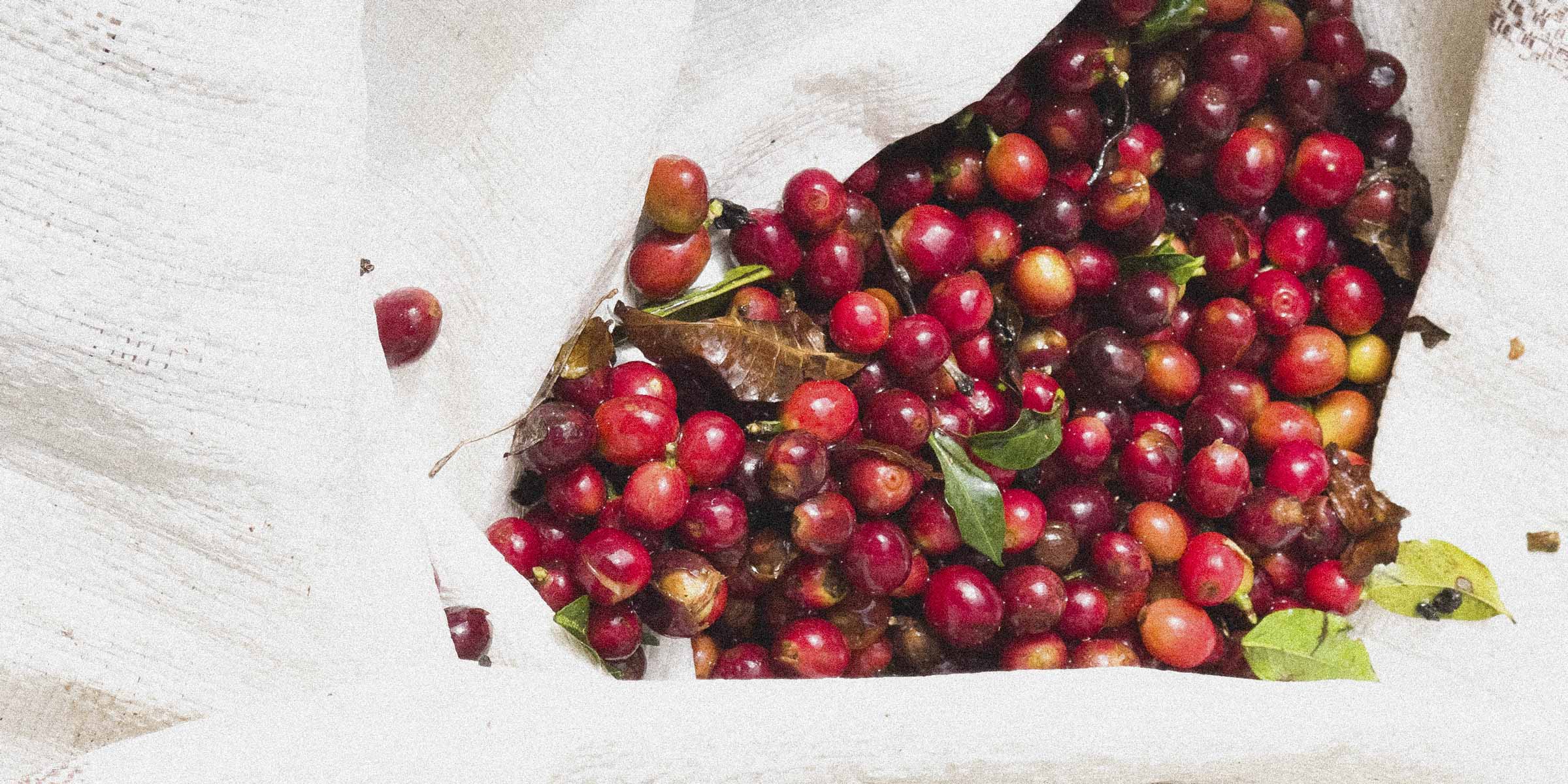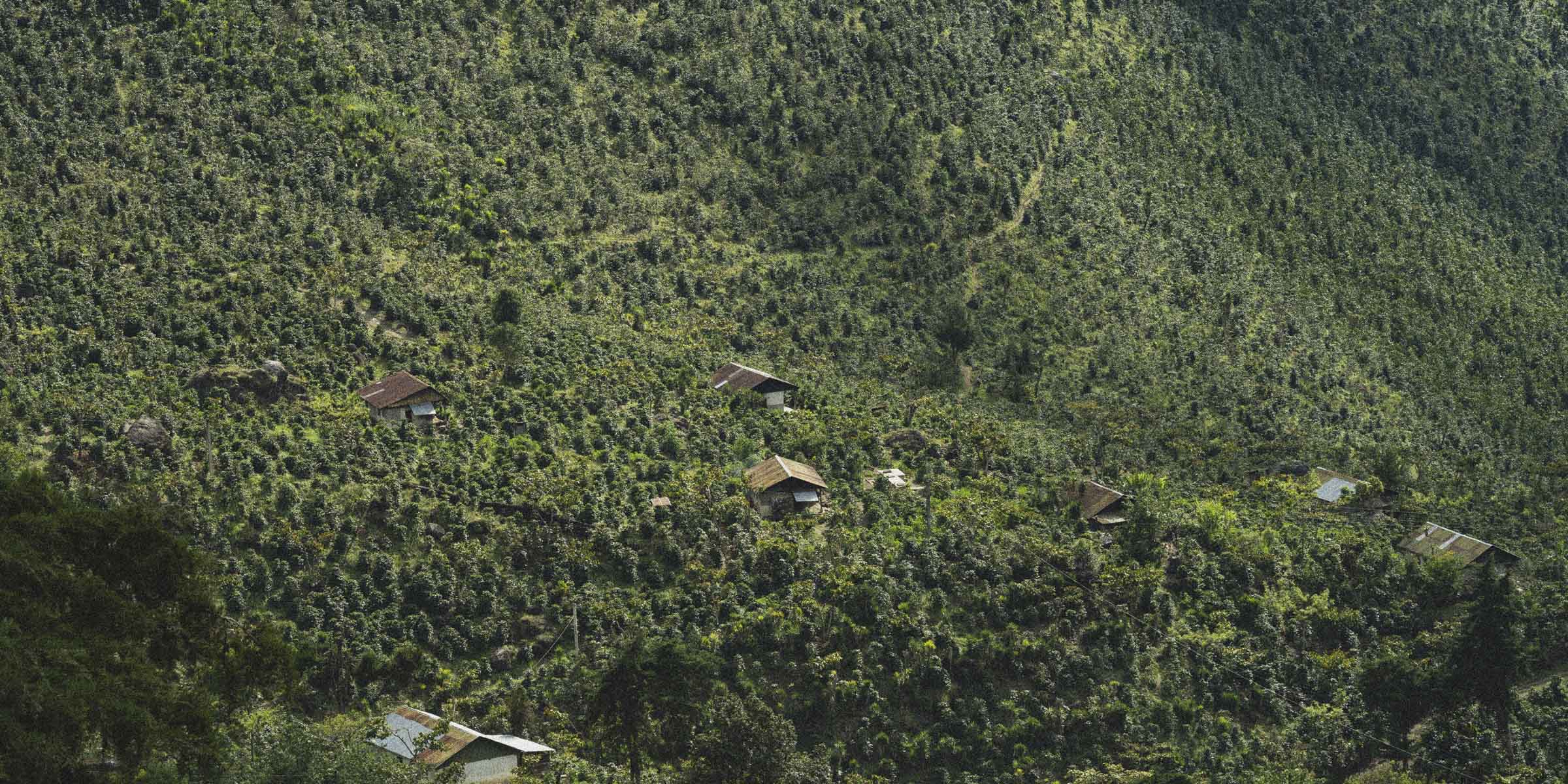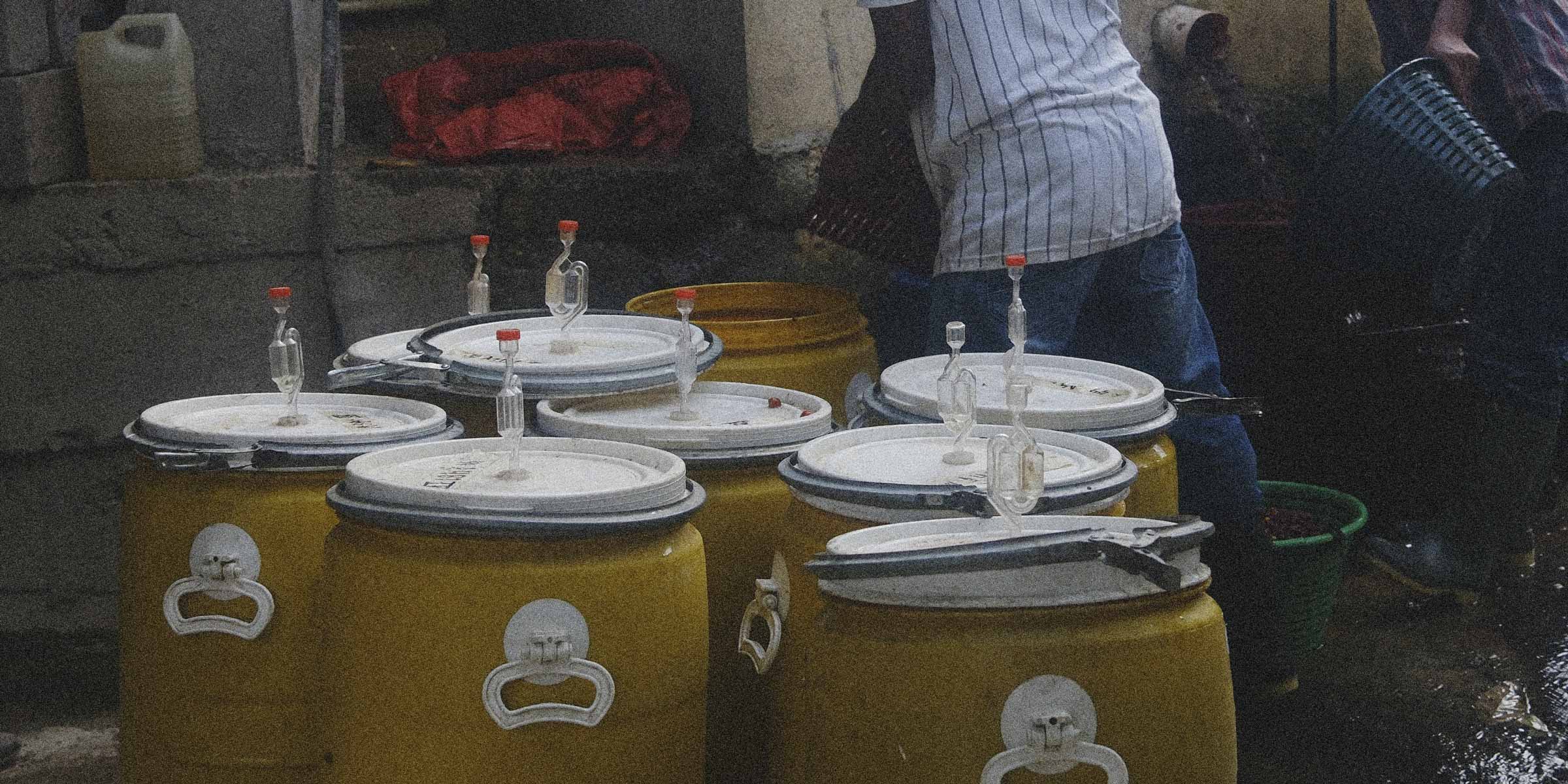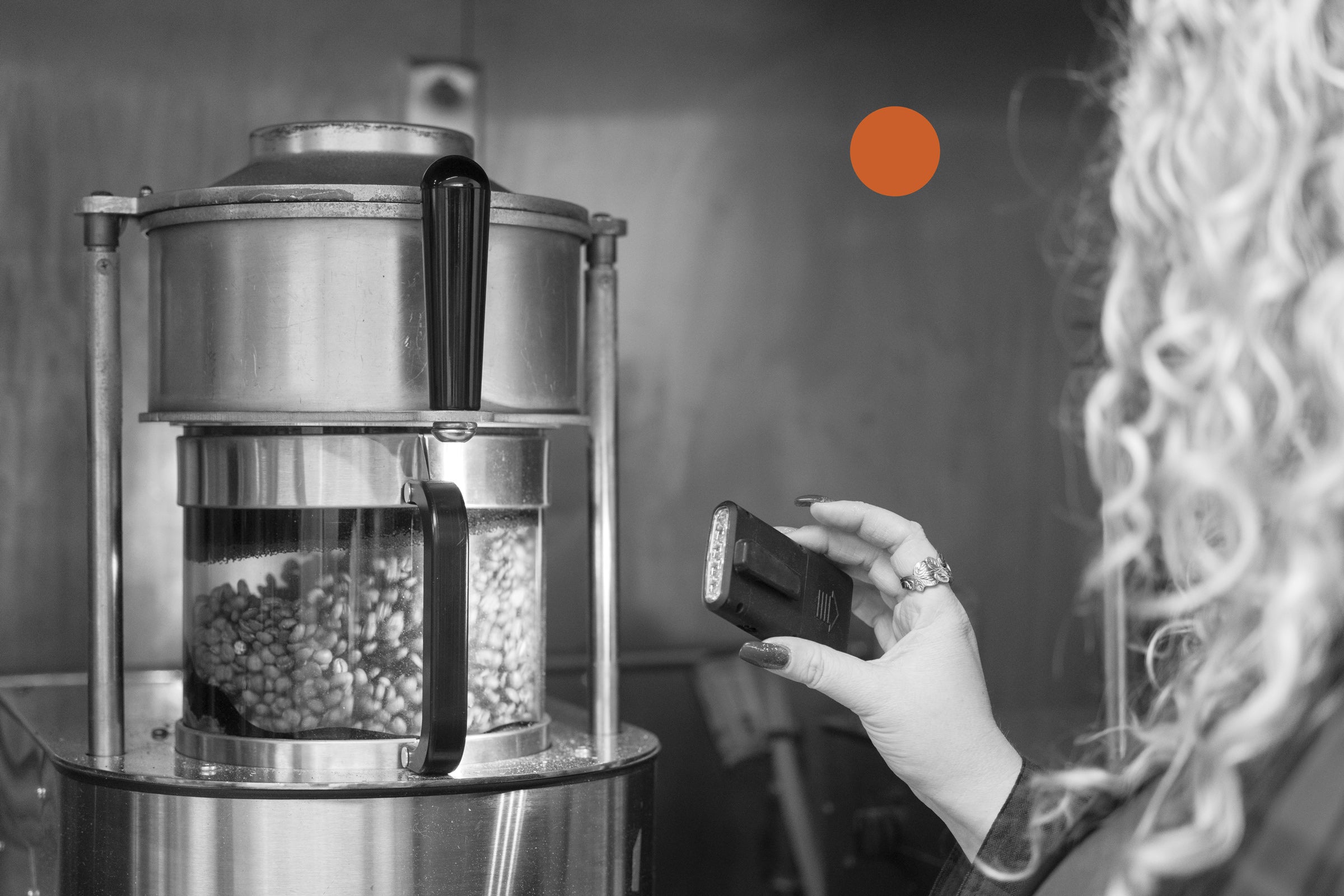 companies in California with greater than 10 employees must put warning labels on their coffee products that say that coffee may cause cancer. This is an application of Proposition 65 which was passed by the California voters in 1986. I think this is a great law in theory and had very good intentions. It was passed at the height of when people were realizing the correlation between smoking and cancer. In fact, both of my parents quit smoking at about this time. However, the problem with this was the lack of definition for what should have a warning label and how it should be applied. In fact, as applied today, the Disneyland Resort could cause cancer. I use this example to show where the enforcement of this law has completely broken down. It is in the best interest of every business is CA to just put a warning label on their products to avoid the risk of being non-compliant with this law. And because of that, we have all been to Disneyland and ignored this sign. Soon, we'll ignore the warning labels on the coffee, as we will bread, basically every food at every restaurant. And the application of the label will (or has) become so diluted that it serves no purpose.
companies in California with greater than 10 employees must put warning labels on their coffee products that say that coffee may cause cancer. This is an application of Proposition 65 which was passed by the California voters in 1986. I think this is a great law in theory and had very good intentions. It was passed at the height of when people were realizing the correlation between smoking and cancer. In fact, both of my parents quit smoking at about this time. However, the problem with this was the lack of definition for what should have a warning label and how it should be applied. In fact, as applied today, the Disneyland Resort could cause cancer. I use this example to show where the enforcement of this law has completely broken down. It is in the best interest of every business is CA to just put a warning label on their products to avoid the risk of being non-compliant with this law. And because of that, we have all been to Disneyland and ignored this sign. Soon, we'll ignore the warning labels on the coffee, as we will bread, basically every food at every restaurant. And the application of the label will (or has) become so diluted that it serves no purpose.But does coffee cause cancer?
That's the million dollar question. In the court case, LA Superior Court Judge Elihu Berle required that Starbucks and other companies show that there was no significant risk from Acrylamide in coffee. He put the burden of proof on disproving that coffee caused cancer, instead of proving that it may cause cancer. Personally, in my non-expert opinion, this is a backward approach to the argument. It's like coffee is guilty of causing cancer until proven innocent.
See, when almost any food product is seared (cooked at a very high temperature), it goes through what is called the Maillard reaction. This is where parts of the food are converted to sugars and the reaction causes the sweetness in the item. This happens in bread, any pan-seared vegetable, anything cooked on a grill. It happens in the coffee roasting process near the end of the roast, at about 380 degrees (most batches complete just after 400). In that process, a chemical called Acrylamide is produced. Acrylamide is a carcinogen and some carcinogens have been linked to cancer, including ones in tobacco products. However, according to cancer.gov, "a large number of epidemiologic studies in humans have found no consistent evidence that dietary acrylamide exposure is associated with the risk of any type of cancer." The catch is, the studies do not show that it DOESN'T cause cancer either, so Starbucks had no way, within the time they were given to comply with Judge Berle's requirement.
So should you worry? Sure, we all know that our diet and lifestyle choices have an impact on our health in many ways. If you're concerned about your acrylamide intact, research it, and avoid it where possible. Make significant life-changing decisions about what foods you ingest and be safe.
However, don't give up on coffee just yet.
Next week I'm going spend some time showing some research in how scientists are using coffee as a potential cancer treatment (yes, you read that right, treatment). I also will show that coffee drinkers have a lower risk of many types of cancers. Finally, I recently read some research that shows coffee has been shown as a preventer of Alzheimer's. In fact, I believe and I think the science shows there are WAY more benefits to drinking coffee than there are risks.
And that's where this article will end. Noting that we don't really know all of the effects of coffee. Research has areas of concern and areas of optimism. Since I own a coffee business, I'm going to choose optimism and kill cancer and fight Alzheimer's with my coffee intake.
